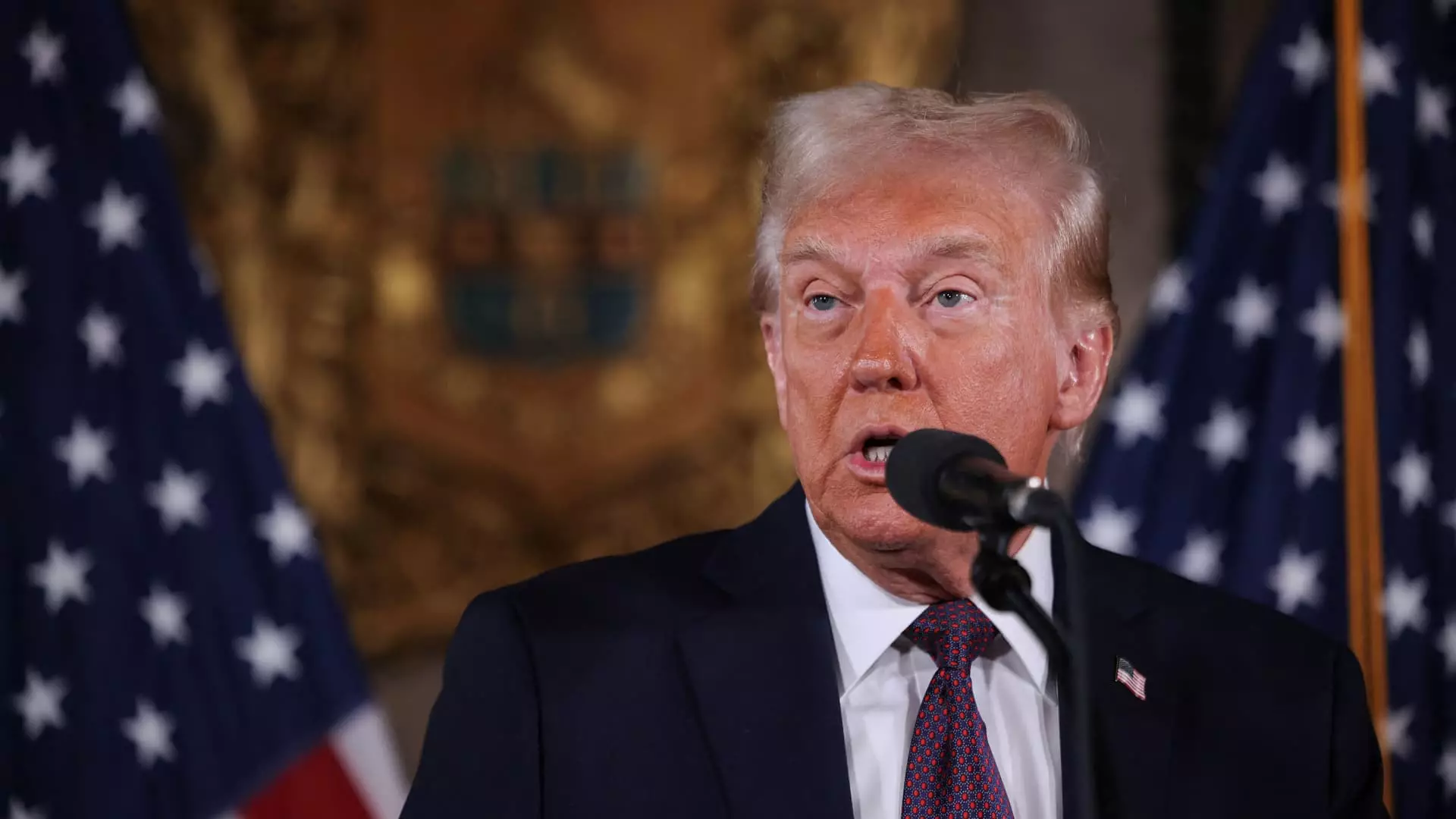In a notable move that signals changing dynamics in international business relations, President-elect Donald Trump recently highlighted a significant foreign investment initiative designed to bolster the United States’ technological infrastructure. Emirati billionaire Hussain Sajwani, founder of DAMAC Properties and a close ally of Trump, has announced a commitment of $20 billion to establish new data centers across various states. This pledge not only underscores Sajwani’s confidence in the burgeoning U.S. market but also reflects a broader trend where foreign investments are increasingly being directed toward American soil, especially under Trump’s pro-business administration.
The Initial Focus Areas
The venture aims to kick off its operations in several key states, including Texas, Arizona, and Illinois. By strategically selecting areas with a strong technological and economic framework, Sajwani’s investment could potentially enhance local economies while also tapping into the rising demand for data management and storage solutions. Such investments could ultimately lead to a ripple effect, fostering more job opportunities and promoting innovation in tech sectors across these states.
Sajwani’s enthusiasm appears to be closely linked to Trump’s electoral success. In his comments at Trump’s Mar-a-Lago estate, he expressed how the outcome of the election galvanized his decision to invest substantially in the U.S. market. This connection between political events and foreign investment is not just anecdotal, as it indicates a larger pattern where global business leaders are reevaluating their strategies based on U.S. political climates. It is indicative of a potential shift in how international investors perceive the stability and growth prospects of the American economy under Trump’s leadership.
Sajwani’s announcement joins a series of similar commitments from foreign business magnates following Trump’s election. Notably, Softbank’s CEO Masayoshi Son declared an ambitious plan to inject $100 billion into the U.S. economy and create a staggering 100,000 jobs over Trump’s tenure. Such scenarios suggest that Trump’s administration is effectively attracting foreign capital by instilling a sense of confidence among global investors who are looking for opportunities in arguably one of the world’s largest markets.
As an enticing tactic to draw more foreign investment, Trump’s administration is poised to offer attractive incentives, including expedited permit approvals for entities that invest upwards of $1 billion. This approach could potentially create a mega ecosystem for foreign businesses, leading to significant expansions in various sectors. However, it remains crucial to ponder whether this influx of foreign capital translates into long-term sustainable growth or merely a temporary windfall for that administration.
In summation, the pledge from Hussain Sajwani not only marks a strategic finance commitment from a key international player but also highlights the broader implications of U.S. foreign investment policies prompted by electoral results. The evolving landscape of foreign investments may lead to substantial shifts in economic power dynamics. However, these shifts warrant scrutiny regarding their capacity to instigate foundational growth and stability within the ever-evolving framework of the American economy. As the new administration sets its agenda, the true impact of these investments will likely unfold in various forms, demanding keen observation and analysis.


Leave a Reply